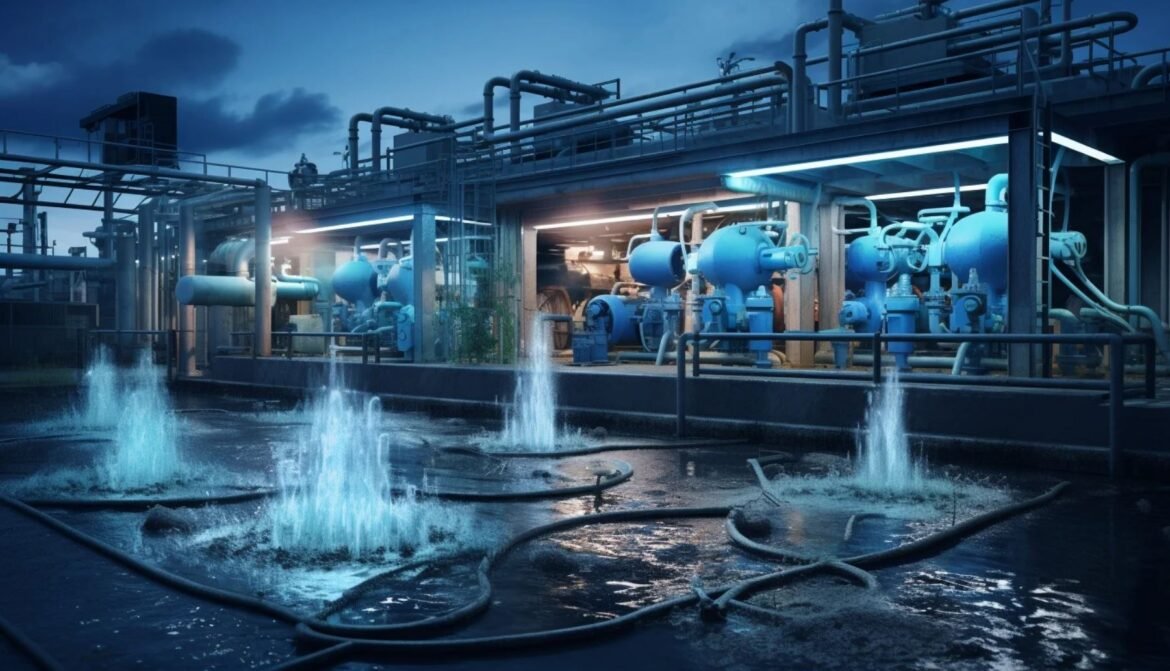Algeria’s energy market has long been dominated by hydrocarbons, with the country being the largest natural gas producer in Africa and the third-largest oil producer on the continent. However, the Algerian government has recognized the need to diversify its energy sources and reduce its dependence on fossil fuels. This has led to an increased focus on technology and innovation in the energy sector, with the aim of boosting renewable energy production and improving energy efficiency.
One of the key areas where technology and innovation are playing a crucial role in Algeria’s energy market is in the development of renewable energy sources. The country has set ambitious targets for renewable energy production, aiming to generate 27% of its electricity from renewable sources by 2030. To achieve this goal, Algeria has been investing heavily in solar and wind power projects, as well as exploring the potential of other renewable energy sources such as geothermal and biomass.
In recent years, Algeria has made significant progress in expanding its solar energy capacity. The country’s largest solar power plant, the 233 MW Tafouk1 project, was completed in 2021, and several other large-scale solar projects are currently under development. These projects are expected to not only help Algeria meet its renewable energy targets but also create new job opportunities and stimulate economic growth in the country.
In addition to solar power, Algeria is also looking to harness its abundant wind resources. The country has a potential wind energy capacity of over 35,000 MW, and the government has plans to develop several wind farms across the country. One such project is the 50 MW Adrar wind farm, which is expected to be operational by 2023. This project, along with others in the pipeline, will contribute to Algeria’s efforts to increase its renewable energy capacity and reduce its reliance on fossil fuels.
Technology and innovation are also playing a vital role in improving energy efficiency in Algeria. The country has launched several initiatives aimed at promoting energy conservation and reducing energy consumption in various sectors, including industry, transport, and residential buildings. These initiatives include the introduction of energy-efficient building codes, the promotion of energy-saving technologies, and the implementation of energy management systems in industrial facilities.
Furthermore, Algeria is investing in smart grid technology to modernize its electricity infrastructure and improve the efficiency of its power distribution system. The implementation of smart grids will enable better integration of renewable energy sources into the grid, optimize electricity consumption, and reduce energy losses. This will not only help Algeria achieve its energy efficiency goals but also enhance the reliability and stability of its power supply.
Another area where technology and innovation are driving change in Algeria’s energy market is in the field of energy storage. As the country increases its renewable energy capacity, the need for efficient energy storage solutions becomes more critical. Algeria is exploring various energy storage technologies, such as batteries and pumped hydro storage, to ensure the stability of its power grid and facilitate the integration of renewable energy sources.
In conclusion, technology and innovation are playing a pivotal role in shaping Algeria’s energy market and driving its transition towards a more sustainable and diversified energy mix. By investing in renewable energy projects, improving energy efficiency, and adopting advanced technologies, Algeria is not only working towards achieving its energy targets but also positioning itself as a leader in the African energy landscape. As the country continues to embrace technology and innovation, it is likely to see significant growth and development in its energy sector, which will have positive implications for its economy and society as a whole.





